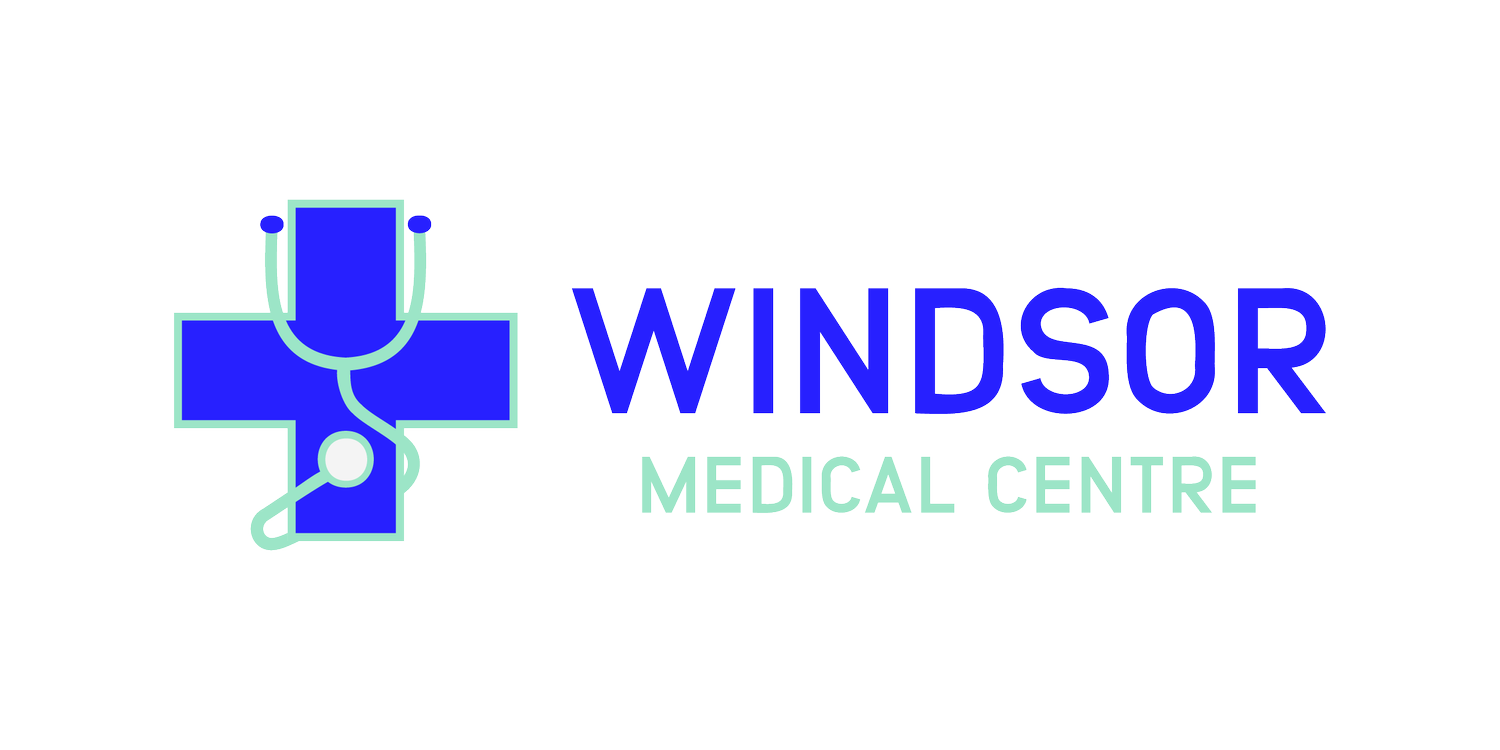The Legalisation of Medicinal Cannabis in Jersey
The Legalisation of Medicinal Cannabis
Please note that recreational cannabis has not been legalised, even if you have a genuine medical reason to take it.
Cannabis is a controlled drug, so prescriptions must meet a rigid set of legal requirements, including a 30 day maximum duration.
Professor Michael Barnes’ report was influential in the approval of cannabis for medicinal use and the amendments to UK and Jersey law which came into force 1/1/2020.
Where have we trained?
We were fortunate to receive our initial cannabis training from Prof Barnes. You can now book a cannabis appointment with us even if you’re not registered with us, but we ask you to complete a secondary registration for us and you must be registered with a Jersey GP so that we can communicate efficiently with your regular GP.
This also enables us to check for interactions with your prescribed medication and to ensure that you meet the requirements for a medical cannabis prescription. We do not book anybody directly, so please don’t ask Windsor Medical Practice reception staff to do this for you.
Windsor Medical Practice CBPM currently organise this for us and this includes all follow up appointments, repeat prescriptions etc. Please do not ask Windsor Medical Practice reception staff to get your prescription sooner because it may have the opposite effect.
Vaping and taking oral medical cannabis has been legalised, but smoking it remains illegal. It is a controlled drug, so don’t share or sell yours. You may think you’re acting reasonably if a medical cannabis patient friend runs out, but you risk a custodial sentence if you share yours. If you sell yours, you are termed a drug dealer, for which the penalties are really high. If you share with somebody who has a personal or family history of some psychiatric illnesses, you may precipitate an acute psychotic episode. This can cause they and others very serious harm, for which you would be responsible. So, if somebody asks to try your medical cannabis, tell them how to access one of the clinics, to get properly assessed.
The Cancard
Many people are anxious about police reactions to this legal treatment and having spoken to them, they would expect everybody to have some documentary evidence of cannabis on prescription and to keep their medication in it’s original packaging. We will give you an appropriate letter.
The Cancard is evidence that you have a medical condition that might make you eligible for cannabis on prescription. This doesn’t prove that medicinal cannabis has been prescribed, that you meet all the eligibility criteria nor that your cannabis is legitimate medication, so the police are very unlikely to accept this in isolation. There are counterfeit versions in circulation too. Hence, you are advised not to rely on one of these. To avoid problems, consume your cannabis at home or in an appropriately discrete place. Keeping a photo of your prescription on your phone will also help the Police if you are a genuine patient. If you do get stopped and the police need to check they currently have to complete a CJU40.3 form to compel us to confirm that you are in receipt of prescribed cannabis because data protection precludes pragmatic communication for you.
Medicinal cannabis and work
If you’re consuming medical cannabis at work, ensure that you inform your employers. You are legally entitled to consume medicinal cannabis in the same way as you entitled to consume paracetamol or alcohol, but nobody would turn up for work on a building site drunk, due to Health and Safety at Work Regulations. This is particularly important to anybody working on a site with hazards like diving, machinery or working at height. If you feel you need to be under the influence of medicinal cannabis at work, you should inform your employers and have a full risk assessment before continuing. Your prescription can be modified to reduce your risk, like the use of low THC and balanced oils, but you would still need to discuss this with your employers. They may need you to be assessed by an Occupational Medicine Health Professional who understands the differences between Jersey employment regulations and those of alternative jurisdictions.
Guidelines we adhere to
We prescribe according to guidelines from NICE, the Medical Cannabis Clinician Society and the Royal College of Physicians.

